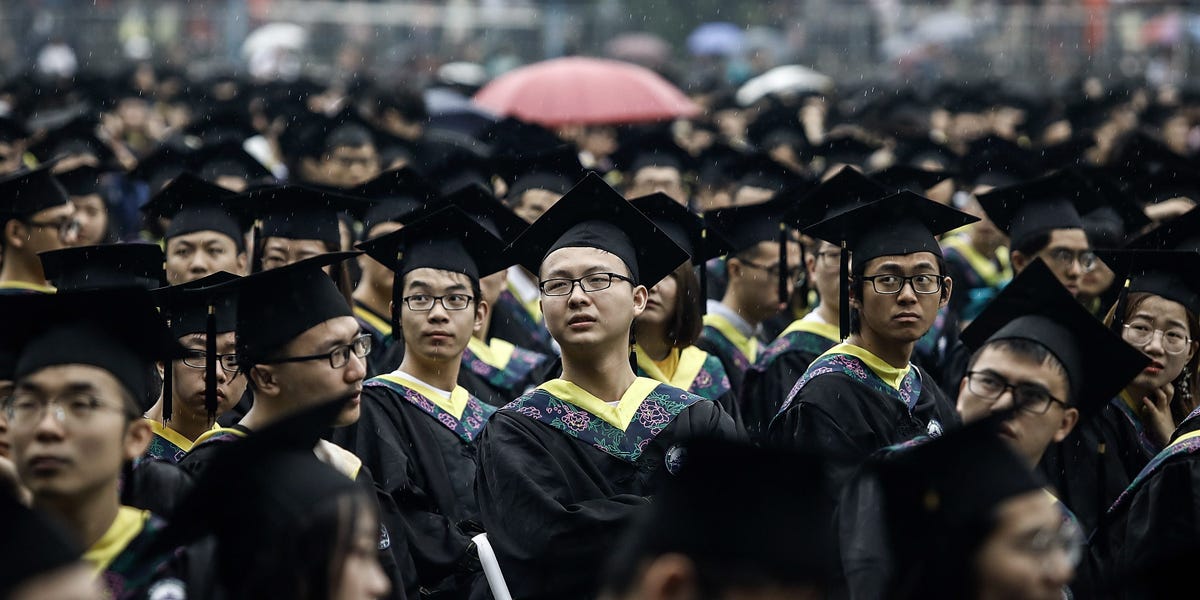'Rat People' Rise: How China's Exhausted Millennials Are Redefining Work Culture

From "lying flat" to "rat race" dropout: China's youth are taking workplace rebellion to a new extreme. What began as a passive resistance movement against grueling work culture has now evolved into a more radical form of professional disengagement.
The "lying flat" phenomenon initially captured global attention as China's unique take on quiet quitting—a trend where workers do the bare minimum to maintain their jobs. Now, a more cynical subset of young professionals, self-dubbed "rat people," are taking this concept even further by rejecting workplace participation altogether.
These disillusioned workers are signaling a profound shift in attitudes toward traditional career paths. Unlike their predecessors who valued hard work and upward mobility, this generation is challenging societal expectations by deliberately choosing minimal economic engagement.
The movement reflects deeper frustrations with China's hyper-competitive job market, skyrocketing living costs, and the immense pressure to succeed. By opting out, these "rat people" are making a bold statement about work-life balance and personal well-being in a system they perceive as fundamentally broken.
What started as a whisper of workplace dissent has now become a roaring conversation about labor rights, personal autonomy, and the changing nature of work in modern China.
